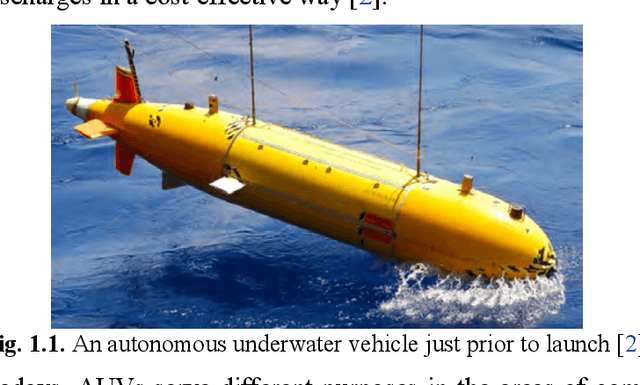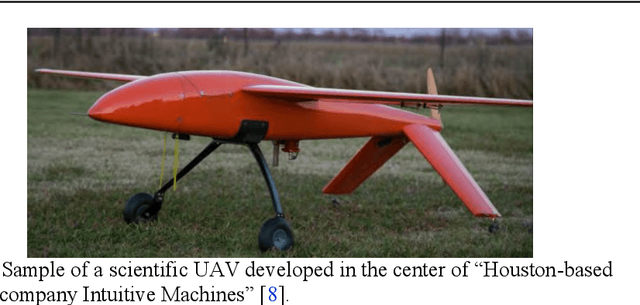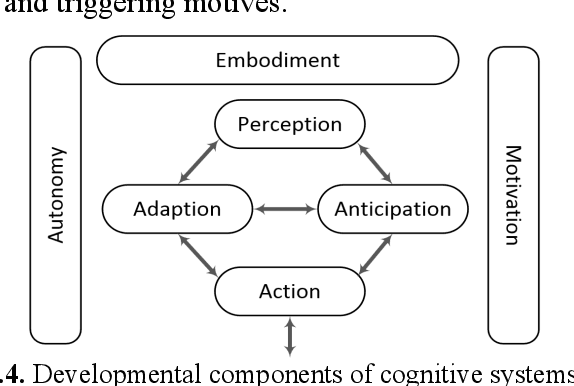Autonomy and Unmanned Vehicles Augmented Reactive Mission-Motion Planning Architecture for Autonomous Vehicles
Paper and Code
Jul 19, 2020



Advances in hardware technology have facilitated more integration of sophisticated software toward augmenting the development of Unmanned Vehicles (UVs) and mitigating constraints for onboard intelligence. As a result, UVs can operate in complex missions where continuous trans-formation in environmental condition calls for a higher level of situational responsiveness and autonomous decision making. This book is a research monograph that aims to provide a comprehensive survey of UVs autonomy and its related properties in internal and external situation awareness to-ward robust mission planning in severe conditions. An advance level of intelligence is essential to minimize the reliance on the human supervisor, which is a main concept of autonomy. A self-controlled system needs a robust mission management strategy to push the boundaries towards autonomous structures, and the UV should be aware of its internal state and capabilities to assess whether current mission goal is achievable or find an alternative solution. In this book, the AUVs will become the major case study thread but other cases/types of vehicle will also be considered. In-deed the research monograph, the review chapters and the new approaches we have developed would be appropriate for use as a reference in upper years or postgraduate degrees for its coverage of literature and algorithms relating to Robot/Vehicle planning, tasking, routing, and trust.
 Add to Chrome
Add to Chrome Add to Firefox
Add to Firefox Add to Edge
Add to Edge